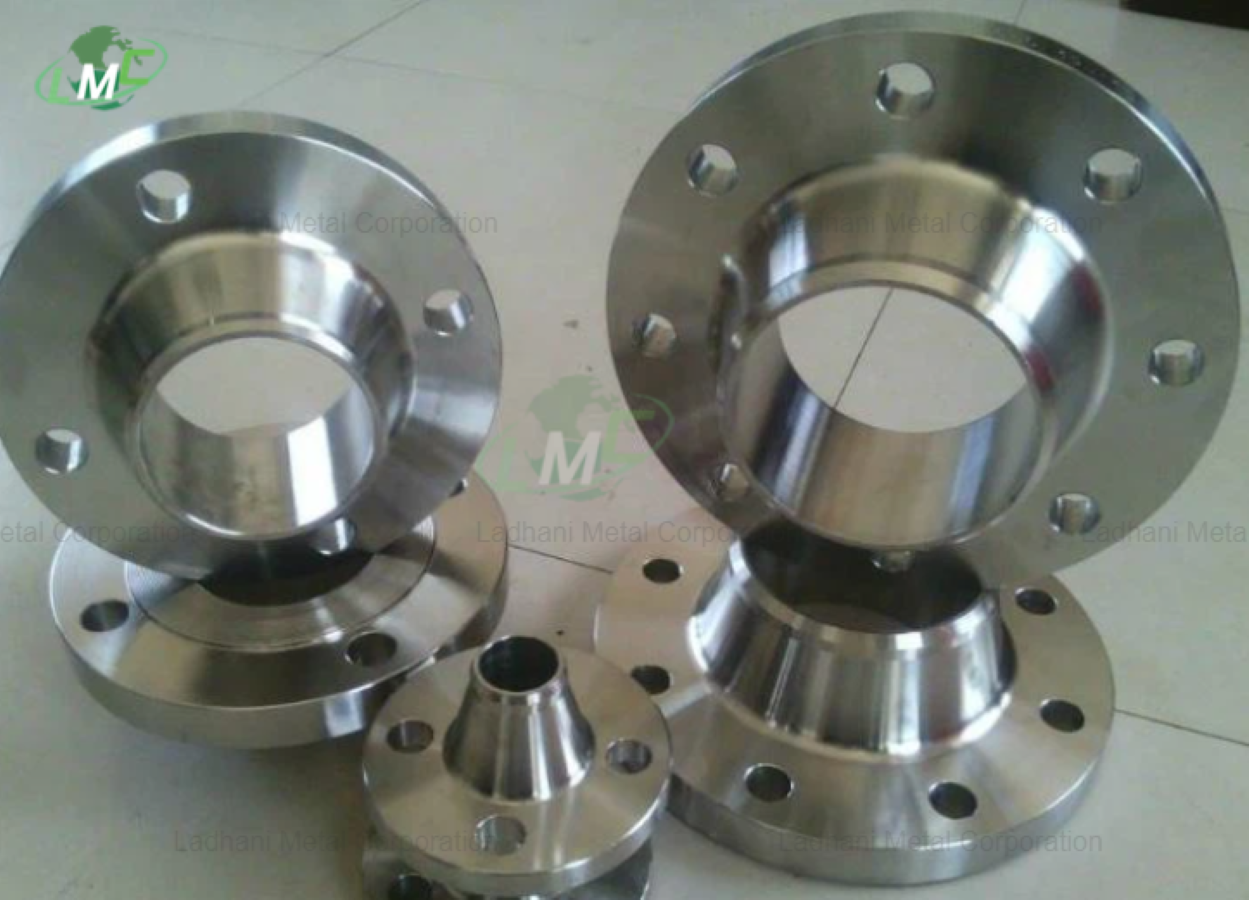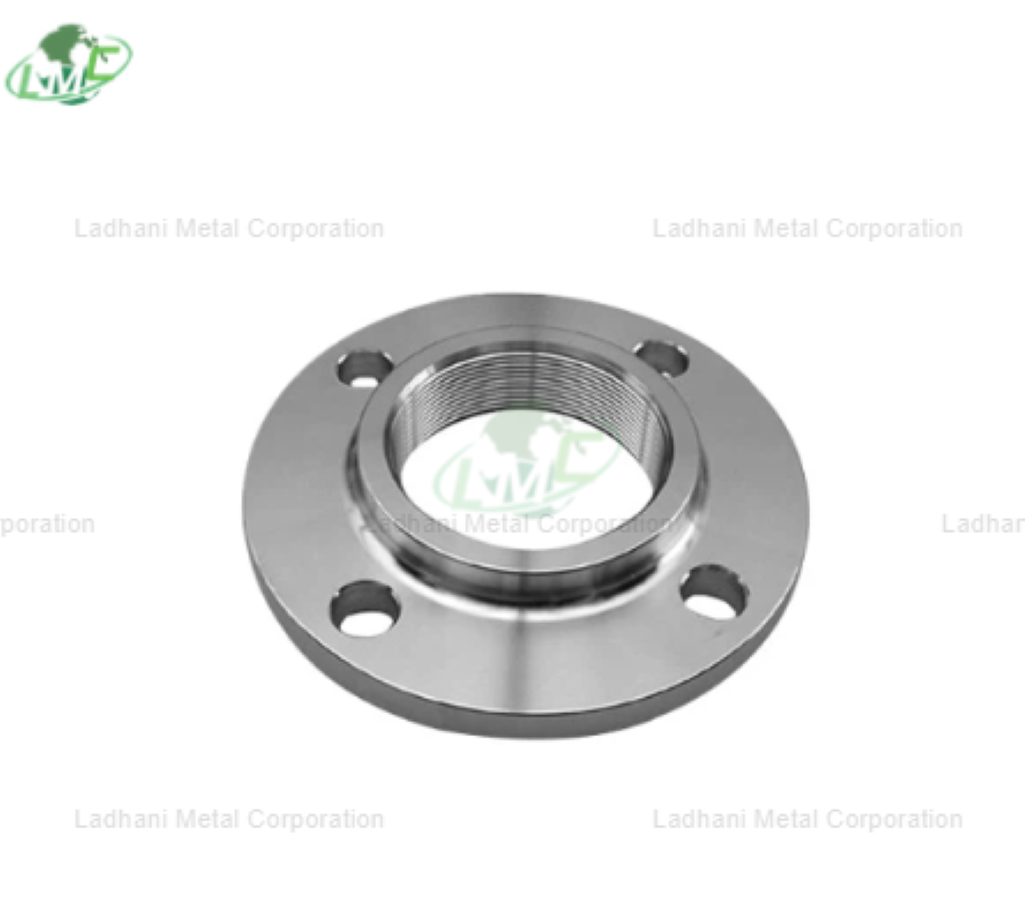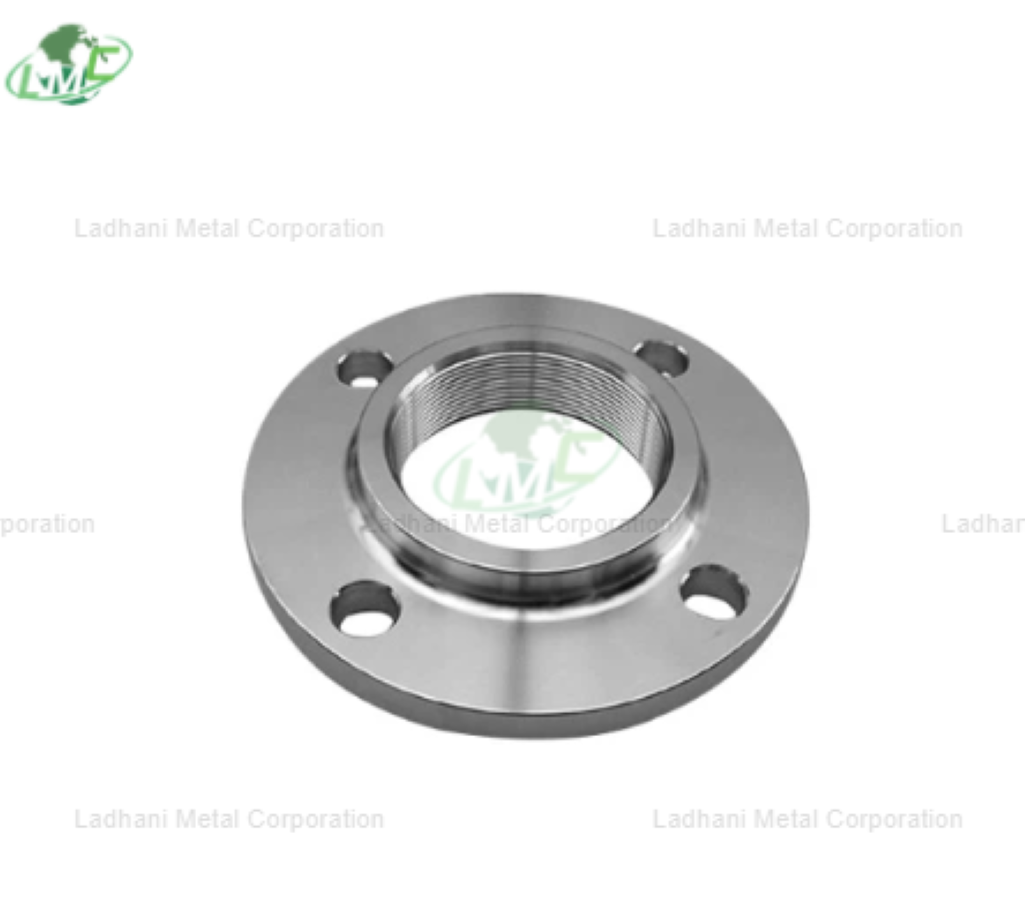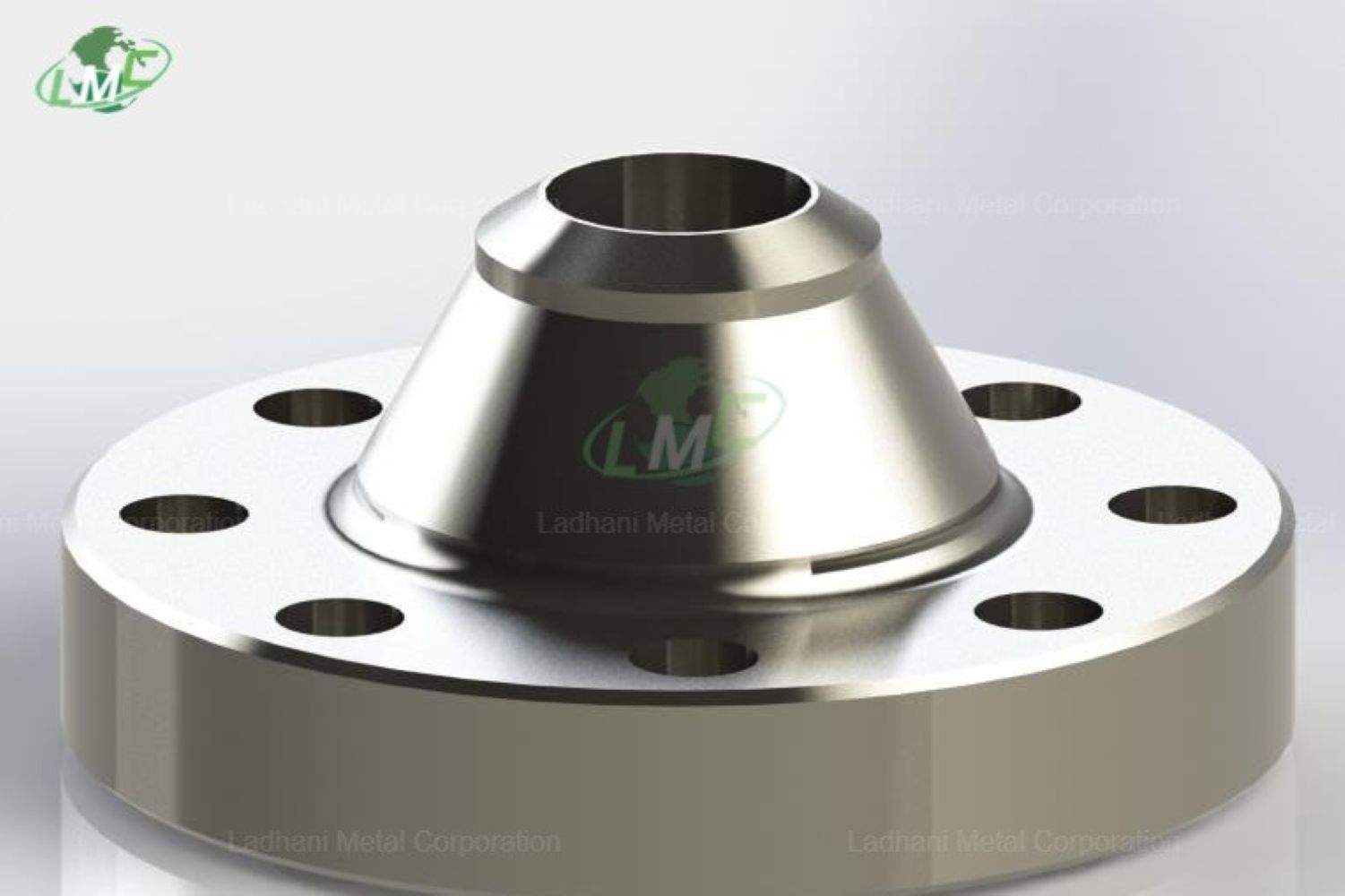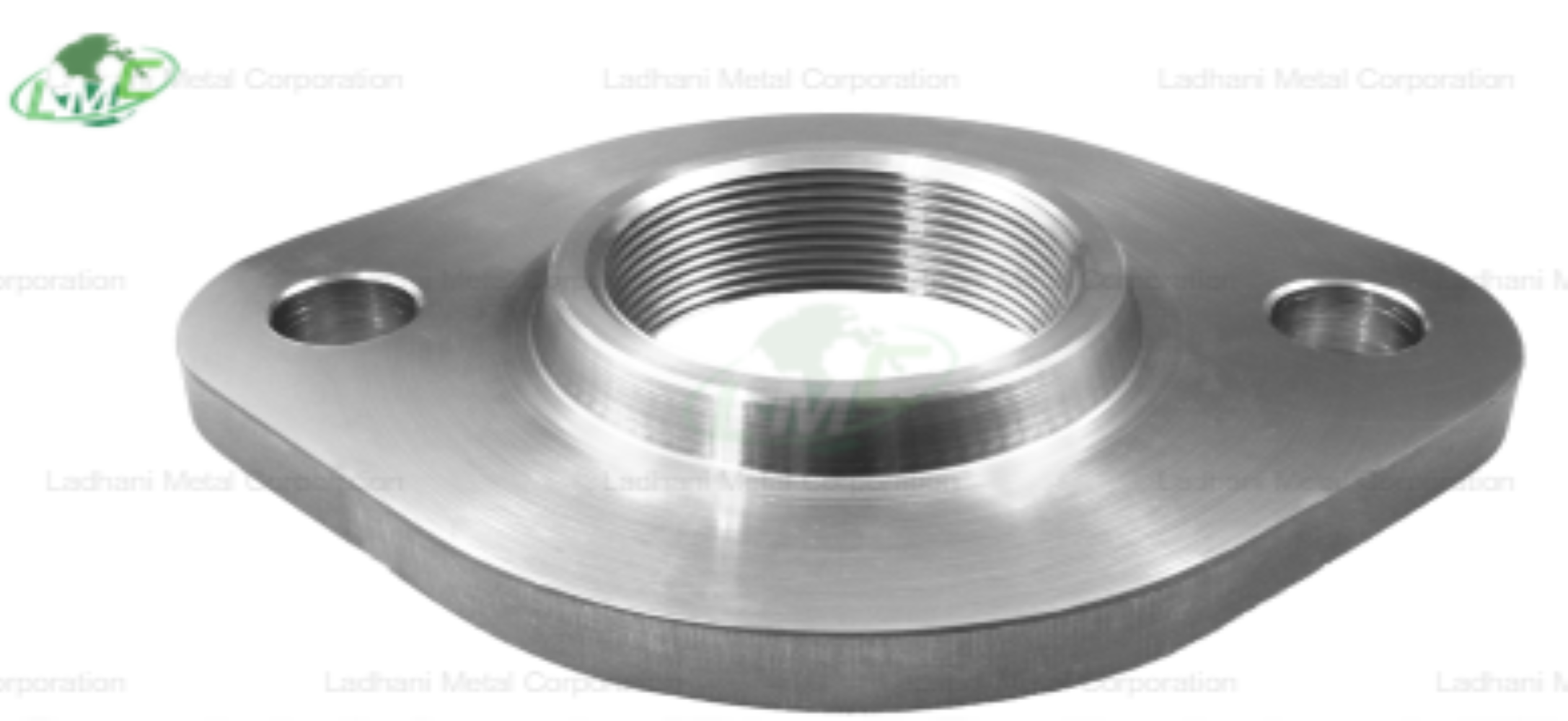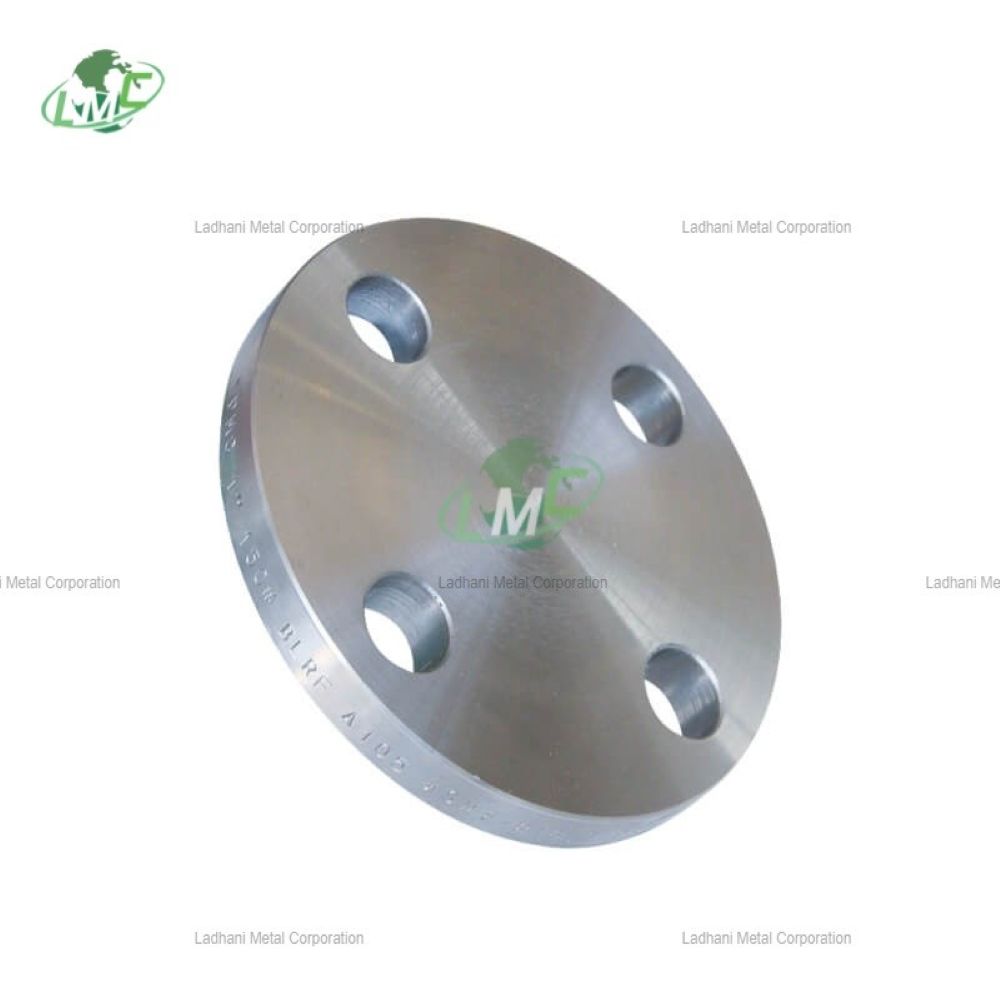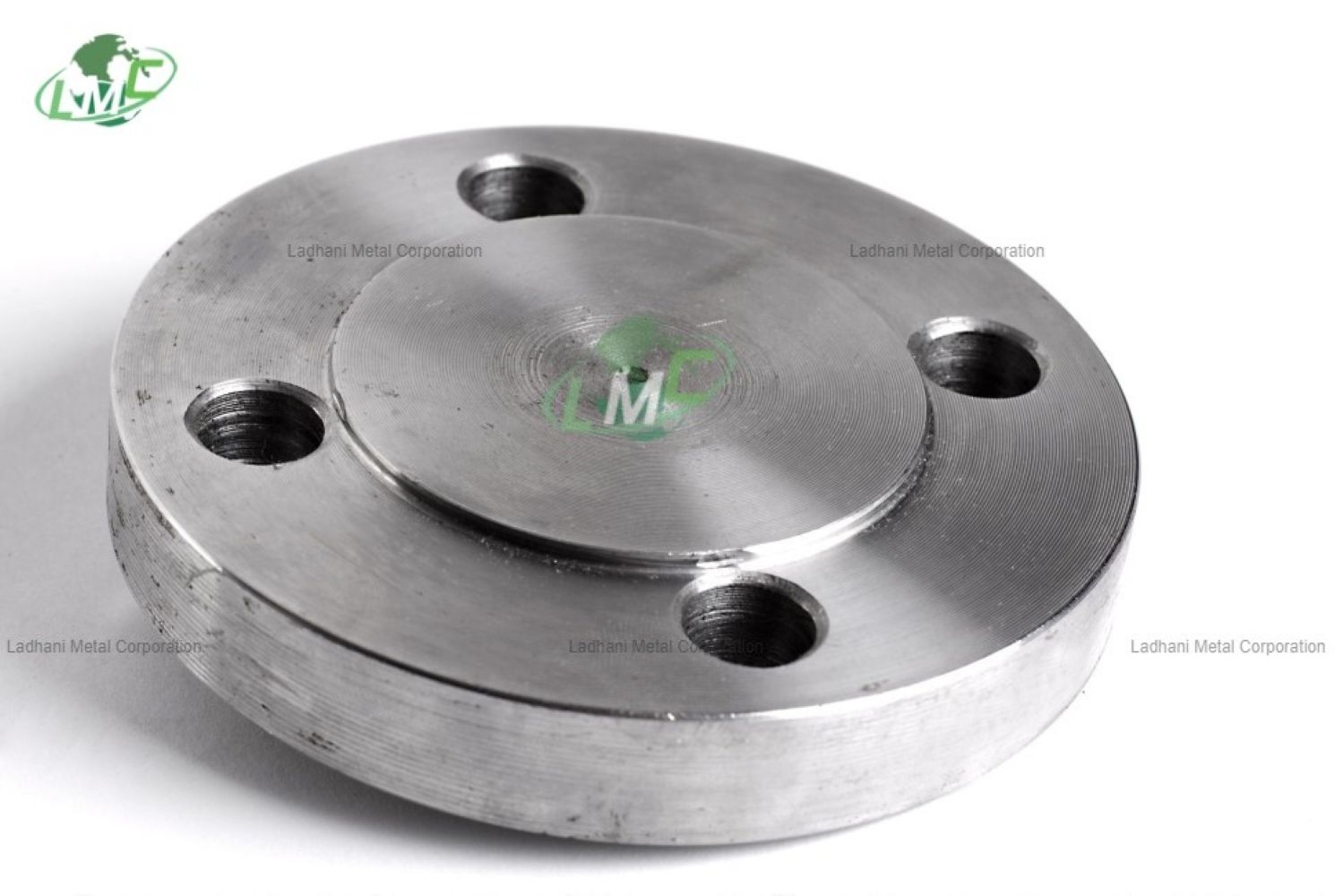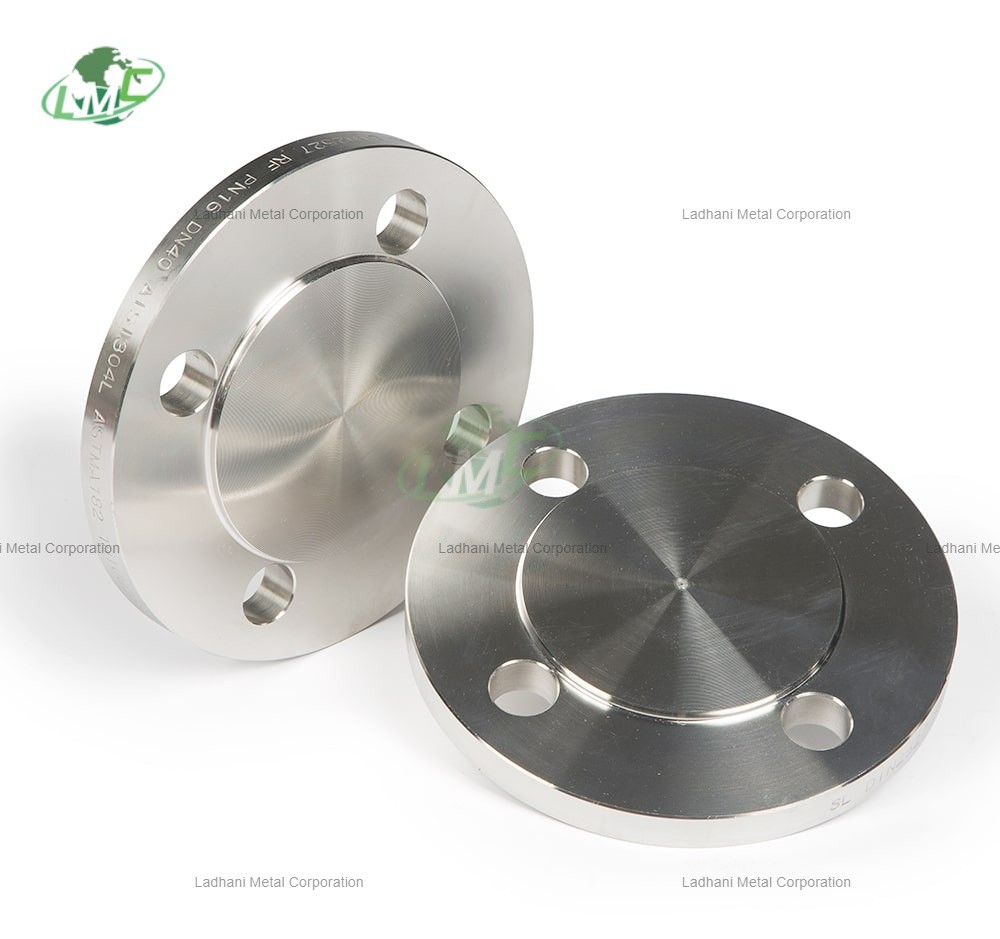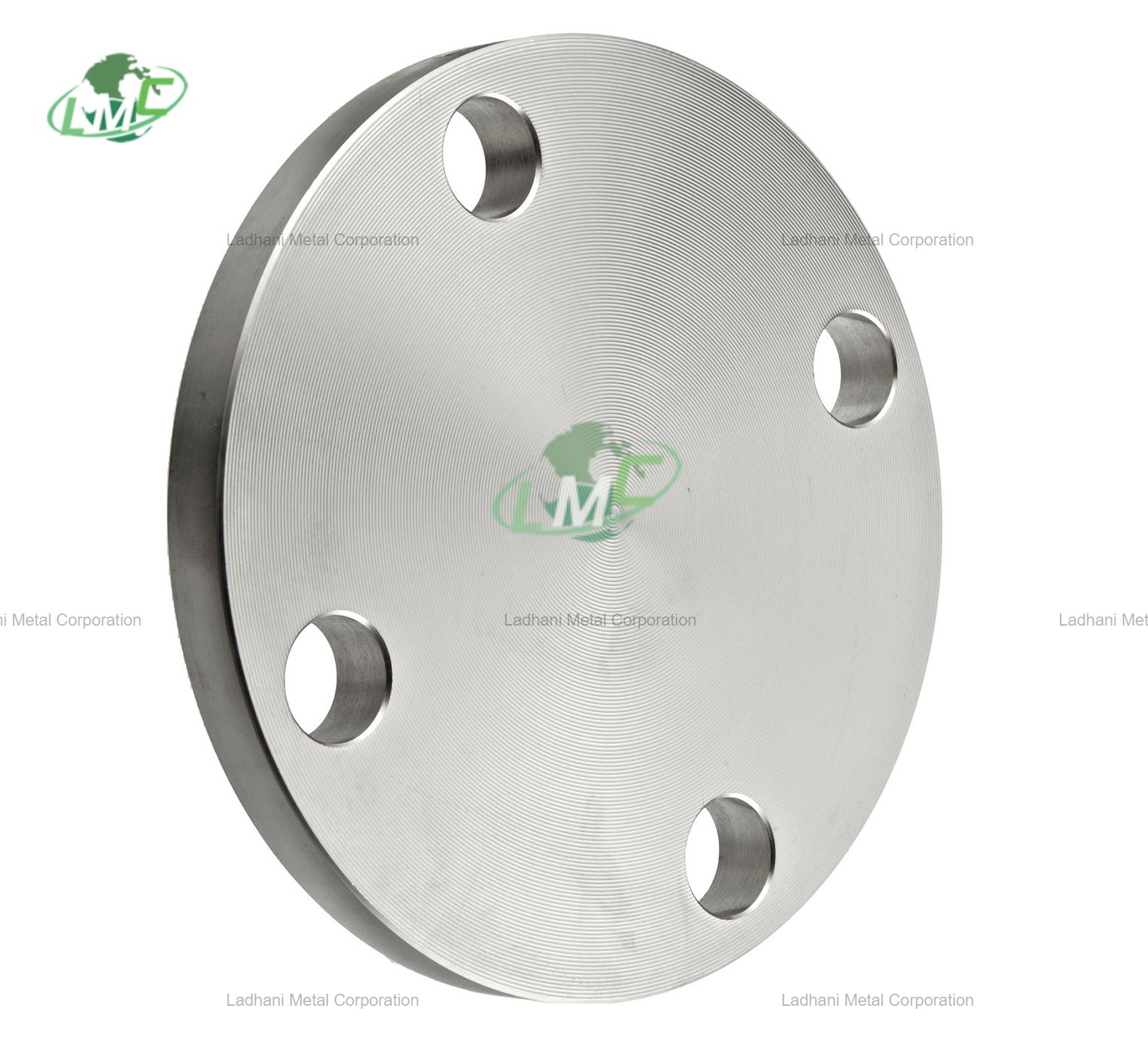DIN 2634 duplex steel flanges PN 25 are high-performance weld neck flanges manufactured in accordance with the DIN 2634 standard. Specifically designed for high-pressure applications up to 25 bar (362 psi), these flanges are made from premium duplex stainless steel grades, offering exceptional corrosion resistance, excellent mechanical strength, and superior resistance to stress corrosion cracking in harsh environments. Their robust construction makes them ideal for demanding industrial applications where reliability and durability are critical. Ladhani Metal Corporation is a trusted global manufacturer and supplier of duplex steel flanges, known for advanced manufacturing capabilities, precision machining, and strict adherence to international quality standards. Each flange undergoes thorough inspection and testing to ensure long-term reliability, safety, and resistance to extreme operating conditions. Pressure Rating: • PN 25 (25 bar / 362 psi): Designed for high-pressure systems requiring corrosion-resistant and mechanically robust flange connections. Flange Type: • Weld Neck Flanges Featuring an extended tapered hub, weld neck flanges provide excellent stress distribution at the base, ensuring strong and leak-proof joints in systems exposed to high pressure and thermal cycling. • Flat Face (FF) Flanges Ideal for use with softer gasket materials or in systems connecting to cast components, flat face flanges offer consistent and uniform gasket compression. Duplex Steel Grades and Typical Composition: Duplex Stainless Steel 2205 (UNS S32205 / S31803) • Chromium (Cr): 21 – 23% • Nickel (Ni): 4.5 – 6.5% • Molybdenum (Mo): 2.5 – 3.5% • Nitrogen (N): 0.14 – 0.20% • Iron (Fe): Balance Applications: Preferred in environments with chloride exposure, such as seawater, chemical processing, and pulp and paper industries, due to excellent resistance to pitting, crevice corrosion, and stress corrosion cracking. Duplex Stainless Steel 2507 (UNS S32750) – Super Duplex • Chromium (Cr): 24 – 26% • Nickel (Ni): 6 – 8% • Molybdenum (Mo): 3.5 – 4.5% • Nitrogen (N): 0.24 – 0.32% • Iron (Fe): Balance Applications: Used in the most aggressive environments including offshore oil and gas, desalination plants, and chemical processing where enhanced corrosion resistance and high mechanical strength are critical. Applications of DIN 2634 Duplex Steel Flanges PN 25: • Offshore and Marine Systems Resists corrosion from seawater and aggressive chloride environments while maintaining strength under pressure. • Chemical and Petrochemical Processing Ideal for transporting corrosive chemicals such as acids, alkalis, and chlorides at elevated pressures. • Desalination Plants Performs exceptionally in saltwater treatment systems exposed to high pressure and corrosive media. • Oil and Gas Industry Used in pipelines and pressure vessels requiring resistance to chloride-induced stress corrosion cracking. • Pulp and Paper Industry Applied in aggressive bleaching and chemical processing environments. Key Features: • Manufactured in accordance with DIN 2634 dimensional and pressure requirements • PN 25 pressure rating supports high-pressure applications • Excellent corrosion resistance including pitting, crevice, and stress corrosion cracking resistance • Superior mechanical strength and toughness at elevated temperatures • Weld neck configuration ensures strong, vibration-resistant joints • Available in standard duplex and super duplex grades • Custom sizes, pressure classes, and surface finishes available upon request Conclusion: DIN 2634 duplex steel flanges PN 25 from Ladhani Metal Corporation are engineered for challenging environments where corrosion resistance, mechanical strength, and pressure integrity are critical. With superior durability and reliability, these duplex steel flanges are ideal for demanding applications in marine, chemical, oil and gas, and industrial systems. For technical consultations, specialized requirements, or pricing information, contact Ladhani Metal Corporation today.
Send Message
